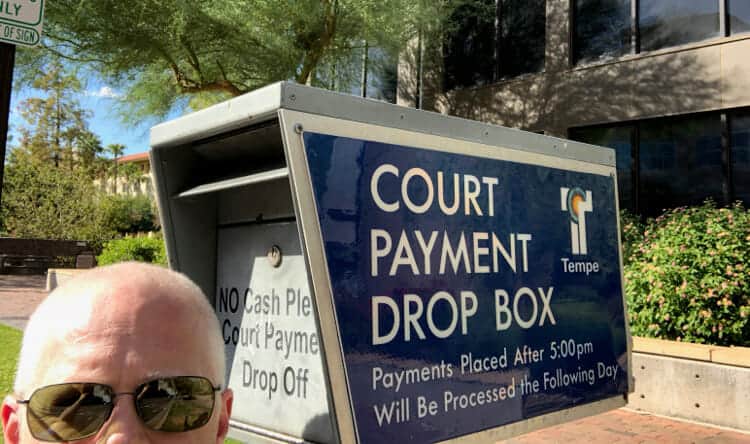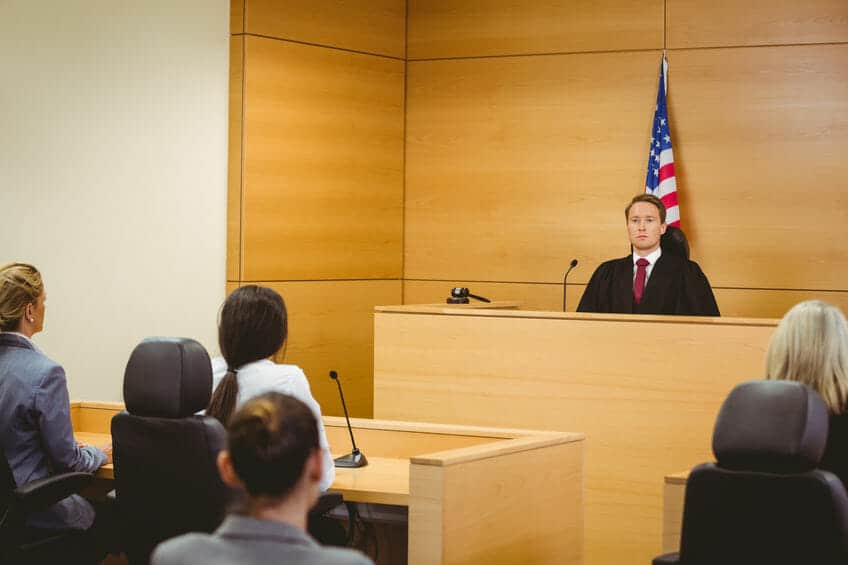Should You Tell The Police There Is A Gun In Your Car?
Should you tell the police if there is a gun in your car?
Imagine you are driving along a beautiful highway in Arizona. You’re driving safely, minding your own business, and out of the blue a cop pulls you over for doing something police do every day with no consequences (like changing lanes without a blinker or speeding). As you are pulling over, you think about the handgun you are carrying (in your glove box, concealed on your person, in your center console, etc.) and how this could impact your traffic stop. Dealing with a handgun during a traffic stop is a tough issue with one very clear rule, and some not so clear choices.
What if the cop asks you if you have any weapons?
First and foremost, if a police officer asks you during a traffic stop if you have any weapons, you MUST answer the question truthfully. If you are not truthful, you could be charged with a crime. Check out our post ten tips for your next traffic stop for other potentially life-saving advice.
What if the cop doesn’t ask about weapons. Should you bring it up on your own?
The less clear part of this scenario is: what to do when the cop does not ask you if you have a weapon? There are two schools of thought.
The argument for volunteering that you have a gun in the car.
One school of thought is to voluntarily disclose to the police officer that you have a weapon. The idea is that if the cop sees your weapon before you tell him about it, he might freak out and, at a minium, get really angry, and worst case shoot you.
The argument for NOT voluntarily disclosing you have a gun in the car.
The second school of thought is to keep your mouth shut (one of our favorite directives) unless the police officer directly asks you about a weapon. This option is compelling because if the officer finds out you have a gun, he will almost certainly attempt to disarm you and handle your weapon in the process. Unfortunately, many officers are extremely dangerous and unsafe with guns, especially guns they are not familiar with. As an example, we heard a story about a cop who took a driver’s 1911-style semi-automatic handgun during a traffic stop, went back to his cruiser, attempted to unload the gun and proceeded to put a round through the computer in his cruiser. That computer could just as easily have been the driver or the driver’s child passenger. Why offer a weapon to to someone who will potentially shoot you by accident?
Of course the best advice is to do whatever you can to avoid any contact with police in the first place.
Do you need help with a ticket?
Email us below and we’ll reach out.
Latest Blog Posts
How Does A $125 Fine Become A $505 Fine In Tempe Municipal Court?
When you plead guilty or are found guilty in a criminal traffic case, a fine is typically imposed. This can either be part of a plea agreement you reached with the prosecutor, or the fine can be imposed by the court. We recently concluded a criminal traffic case in Tempe Municipal Court wherein the plea agreement specified the fine would be $125.
Trial in a Misdemeanor Traffic Case
Most criminal traffic cases do not go to trial and here’s why. By the time a case is ready for trial, all discovery and disclosure has been completed. This means both parties have all of the information available and know the relative strengths and weaknesses of their cases. This also means that all negotiations have concluded.
Chris Rike is a founding partner of Traffic Law Guys, an Arizona law firm committed to protecting the rights of drivers facing criminal traffic charges.



